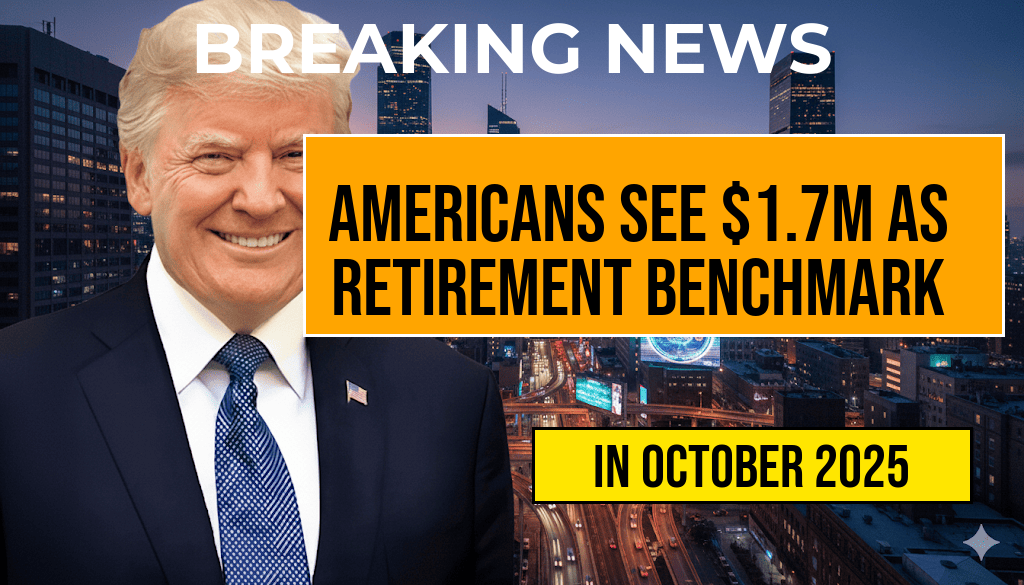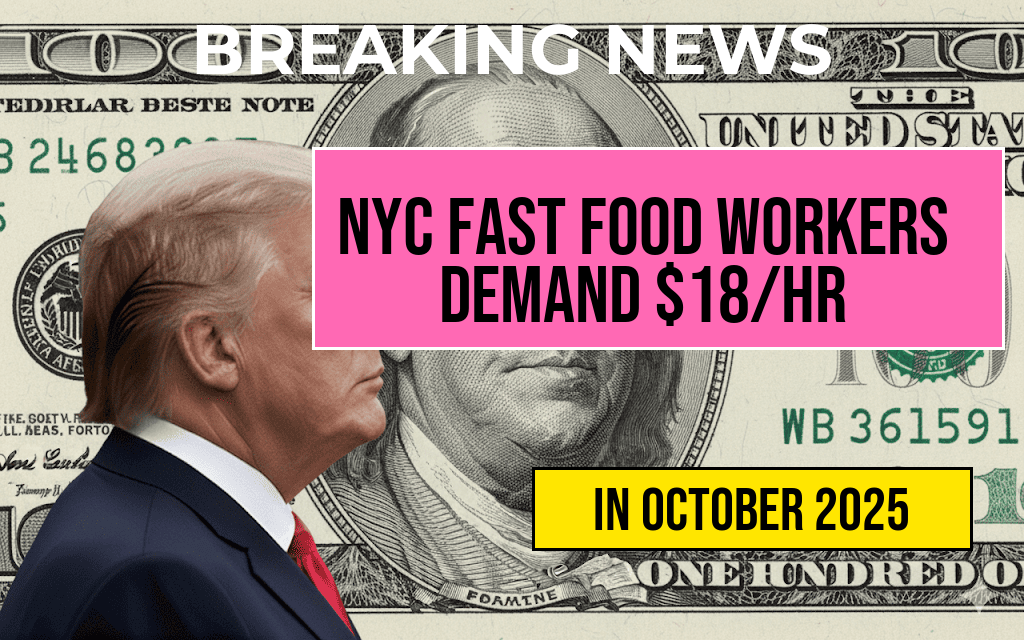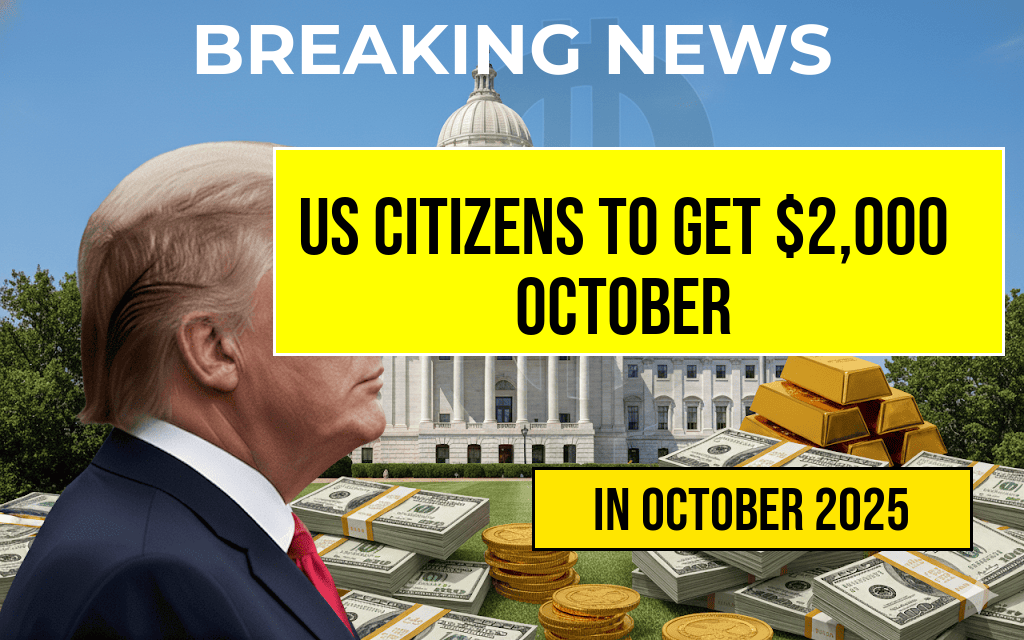Washington D.C. has solidified its position as the U.S. city with the highest minimum wage, setting the rate at $17.95 per hour as of 2024. This figure surpasses many other major metropolitan areas and reflects the district’s ongoing commitment to wage growth amid rising living costs. The adjustment, effective from July 1, 2024, follows a series of legislative measures aimed at ensuring that low-wage workers receive a livable income. While the city’s minimum wage remains the highest nationwide, it continues to spark debates about economic impacts, affordability, and the broader push for a nationwide $15 minimum wage. Local officials emphasize that the increase aligns with inflation and cost of living increases, supporting workers and reducing economic disparities in the nation’s capital.
Context and Background of Washington D.C.’s Minimum Wage Policy
Washington D.C. has progressively raised its minimum wage over recent years, driven by both local legislation and an active advocacy community. The district’s minimum wage law typically updates annually, considering inflation and economic conditions. The current rate, $17.95 per hour, represents a cumulative increase of more than 50% since 2018, when the minimum wage was set at $12.50. The city’s approach aims to balance economic growth with the need to support a diverse workforce that includes service industry employees, government contractors, and retail workers.
Legislative Measures and Policy Drivers
- District of Columbia Minimum Wage Act of 2019: This legislation set in motion a schedule for annual increases, tying wage hikes to inflation indices.
- Living Wage Initiative: Advocates argue that the current wage adequately covers basic living expenses, including housing, transportation, and healthcare.
- Economic Impact Analyses: Studies commissioned by local government suggest that higher wages can lead to increased consumer spending, benefitting the local economy.
Comparison with Other Major U.S. Cities
While Washington D.C. boasts the highest minimum wage nationally, several large cities are close competitors or have plans for future increases. The table below illustrates the wage levels in other prominent metropolitan areas as of 2024:
| City | Minimum Wage | Effective Date |
|---|---|---|
| Washington D.C. | $17.95 | July 1, 2024 |
| Seattle, WA | $16.84 | January 1, 2024 |
| San Francisco, CA | $16.99 | January 1, 2024 |
| New York City, NY | $15.00 | December 31, 2023 |
| Chicago, IL | $15.40 | January 1, 2024 |
Despite the higher wage threshold, D.C.’s cost of living, especially in housing and transportation, remains among the highest nationally, prompting ongoing discussions about the adequacy of the wage level.
Economic and Social Implications
Proponents argue that a higher minimum wage supports economic stability for low-income workers, reducing reliance on public assistance programs and encouraging consumer spending. A report from the Brookings Institution highlights that cities with higher minimum wages often see improved worker productivity and reduced turnover rates. Conversely, critics caution that abrupt wage hikes could lead to increased labor costs for small businesses, potentially resulting in layoffs or price hikes for consumers.
Impact on Local Business and Employment
- Small Business Concerns: Some local entrepreneurs express worry that rising wages may strain profit margins, particularly in the hospitality and retail sectors.
- Employment Trends: Data from the District’s Department of Employment Services indicates that employment levels remain stable, with no significant layoffs linked directly to wage increases over the past year.
Future Outlook and Policy Developments
Looking ahead, policymakers in Washington D.C. are considering further adjustments to the minimum wage schedule. Discussions include potential steps to tie wages more closely to inflation or to implement regional variations based on neighborhood cost differences. The district also continues to explore supportive measures, such as workforce training programs and affordable housing initiatives, to complement wage increases and address broader economic disparities.
For more insights into the ongoing debate over minimum wages and economic policies, resources such as Wikipedia’s overview of minimum wage laws and Forbes’ coverage of labor market trends offer comprehensive analyses.
Frequently Asked Questions
What is the current minimum wage in Washington D.C.?
The minimum wage in Washington D.C. is now set at $17.95 per hour, making it the highest in the country.
How does Washington D.C.’s minimum wage compare to other states?
Washington D.C. leads the nation with the highest minimum wage, surpassing other states and territories that have lower hourly rates.
When did Washington D.C. implement the current minimum wage?
The current minimum wage of $17.95 per hour was established through recent legislative updates, reflecting ongoing efforts to improve worker pay.
Are there plans to increase the minimum wage further in Washington D.C.?
Yes, local policymakers are continually evaluating the minimum wage to ensure it keeps pace with inflation and the cost of living, with potential future increases.
Who is eligible to receive the minimum wage in Washington D.C.?
All hourly workers in Washington D.C., regardless of industry, are entitled to the minimum wage of $17.95 per hour, as mandated by local law.





